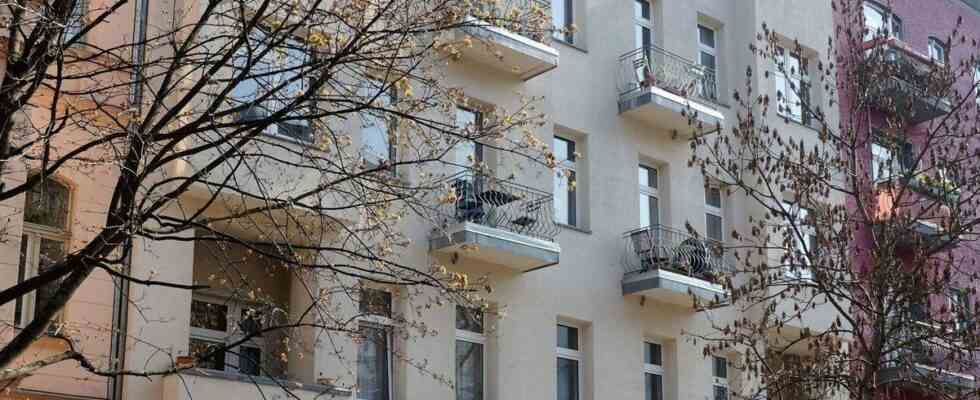“A landlord owes his squatter money after the latter is injured. Here is a very catchy title that has been causing debate on social networks for several weeks. The widely shared story is as follows: a landlord was required to compensate a former tenant who still occupied his unit. The latter was injured following a fall through the kitchen window because the guardrail gave way. Following a court decision, this former tenant should have left the accommodation well before the facts.
“It is unacceptable”, judge several Internet users. “Not only does the owner not receive his rent, cannot re-let his property, but he also owes money to his squatter”, continue some. 20 minutes takes stock of this judgment which raised questions for our readers.
FAKE OFF
Although Internet users are surprised by the situation, it is indeed of a judgment of the Court of Cassation rendered on September 15, 2022. Which precisely explains the situation: the owners rented their accommodation to two people on March 21, 1995. Following a decision of the district court, the tenants were indeed required to leave the premises. On August 3, 2012, the tenant fell from the first floor of the building. For this, on November 4, 2013, she summoned the owners before a high court.
“There is a principle according to which the owner has an obligation to maintain his property, which is independent of whether or not there is illegal occupation of the accommodation”, explains Raphaël Richemond, a lawyer specializing in particular in real estate litigation. “The judge applies the law and enforces the maintenance obligation of the owner,” he continues.
And this is what the decree published by the Court of Cassation notes: “The occupation without right or title of a property by the victim cannot constitute a fault of such a nature as to exonerate the owner of the building under its liability, when it is established that the accident suffered by the latter results from the lack of maintenance of the building. »
“On the other hand, this decision is quite shocking because the fault of the victim should have made it possible to exonerate, at least partially, the owner from his liability”, Judge Maitre Richemond. “If the occupant had left the premises as he should have done in execution of the court decision which had terminated the lease, he would not have suffered any prejudice. Its illicit presence should therefore have constituted a fault exempting the owner from liability. »
But several circumstances can come into play in the decision: “Unless of course if the owner had been warned of the defect of the railing and that he did nothing, then he is logically at fault”, and this, that the tenant occupies the premises legally or not.
Conversely, “if the person who illegally occupies the dwelling did not inform the owner of the problem or prevented the repair of the balustrade, by refusing access to the premises, then the owner should not be held responsible”.

